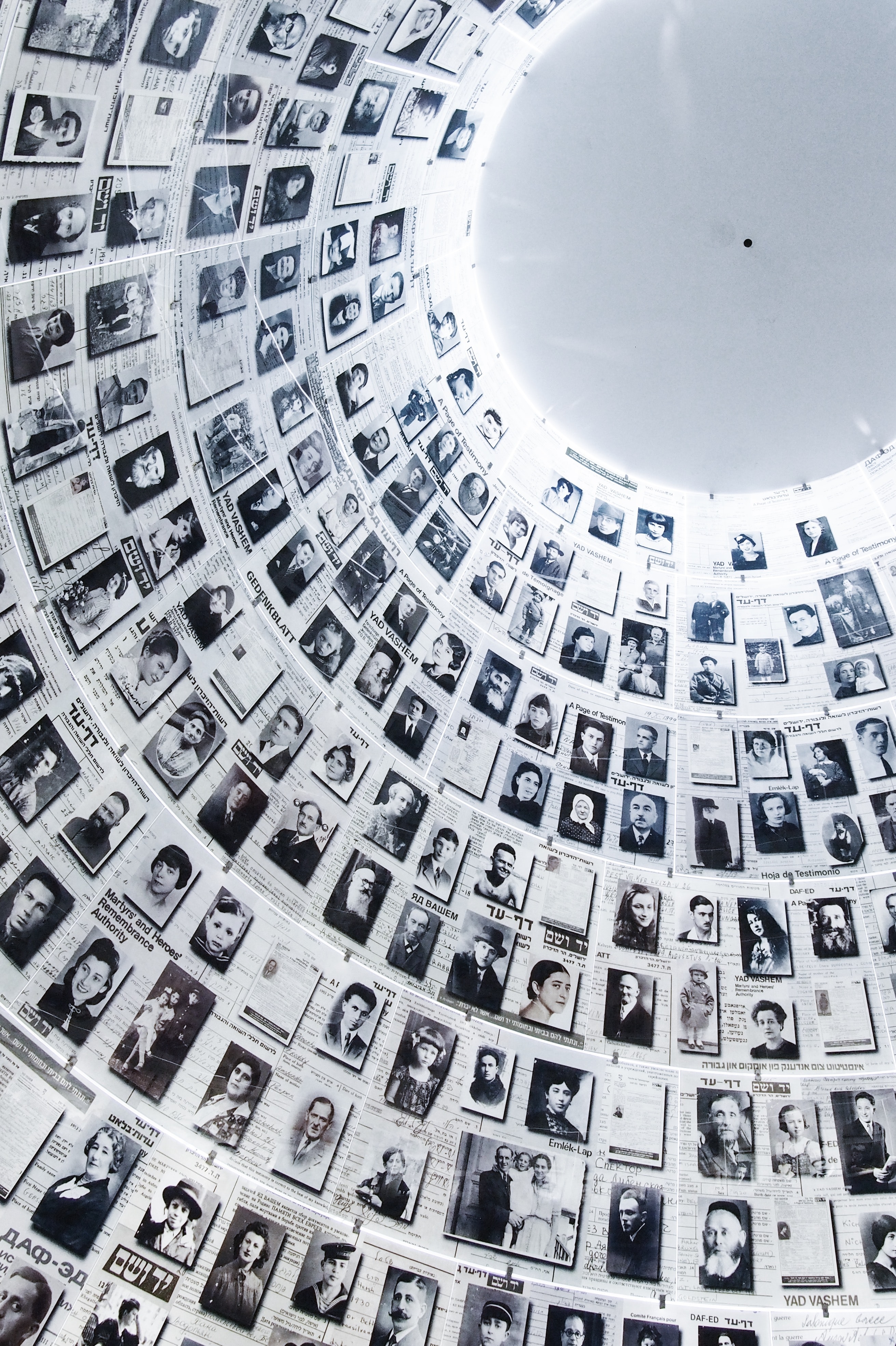Ken Burns Explores America’s Inaction During the Holocaust
By Joseph Berger,
The New York Times
| 09. 01. 2022
Photo of Memorial at Yad Vashem Holocaust
Museum by Eelco Böhtlingk on Unsplash
A new documentary about the Holocaust opens with photos of perhaps the most familiar faces from that dark chapter of history: those of Anne Frank and her family, whose story has been read or seen by millions around the world.
So why would a six-hour film that offers fresh illuminations about America’s response to the Holocaust begin with such well-worn images? The answer is likely to surprise even those who know all about the arrest and eventual deaths of Anne, her sister and their mother. Their deaths, the documentary argues, were also a stain on the United States and the foundational myth of its benevolent open door for “huddled masses” of immigrants and refugees.
As recounted in “The U.S. and the Holocaust,” Ken Burns’s latest deep dive into America’s past, Otto Frank tried desperately to seek sanctuary in the U.S. for his family “only to find,” the narration says, “like countless others fleeing Nazism, that Americans did not want to let them in.” Seeing no...
Related Articles
By Liyan Qi and Jonathan Cheng, The Wall Street Journal | 03.26.2025
photo via Wikimedia Commons licensed under CC by 3.0
Chinese scientist He Jiankui set off global outrage and landed in prison after he skirted ethical guidelines and claimed he had produced genetically modified babies designed to resist HIV infection.
Now, the self-styled ...
By Carsten T. Charlesworth, Henry T. Greely, and Hiromitsu Nakauchi, MIT Technology Review | 03.25.2025
Why do we hear about medical breakthroughs in mice, but rarely see them translate into cures for human disease? Why do so few drugs that enter clinical trials receive regulatory approval? And why is the waiting list for organ transplantation...
By Anna Louie Sussman, The New York Times | 03.25.2025
On June 24, 2022, the same day the Supreme Court issued its decision in Dobbs v. Jackson Women’s Health Organization, I received a call from the fertility clinic where I’d been undergoing in vitro fertilization, informing me that seven of...
By Michael Gibney, PharmaVoice | 03.20.2025
The death this week of a teenager receiving Sarepta Therapeutics’ gene therapy Elevidys for Duchenne muscular dystrophy is a tragic reminder of the stakes involved in cutting-edge biotech innovation.
While gene therapies like Sarepta’s offer an opportunity to treat and...




